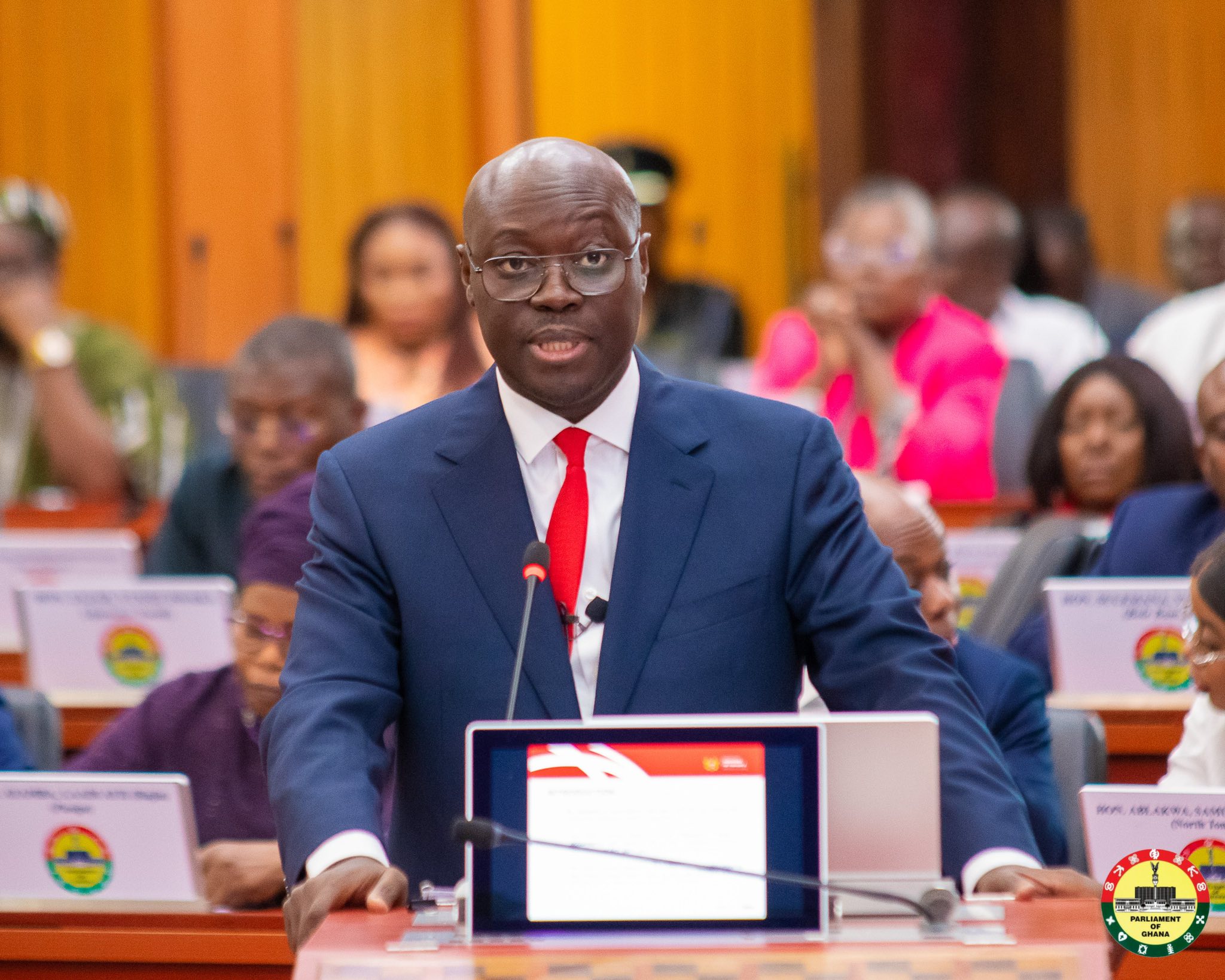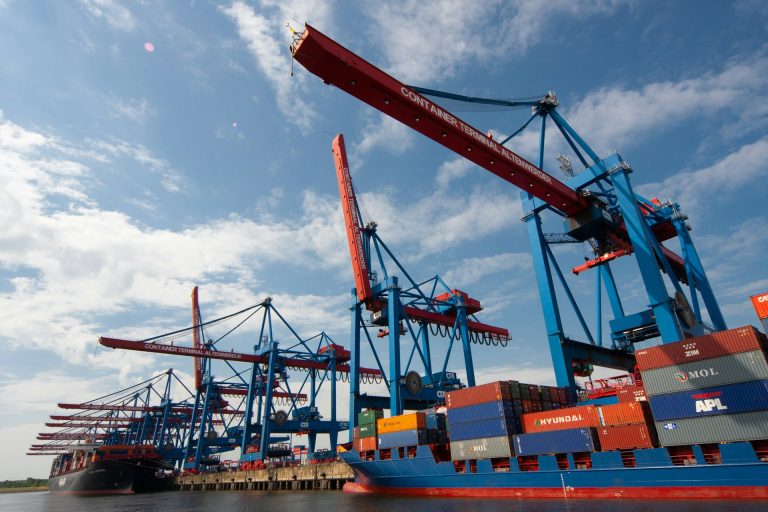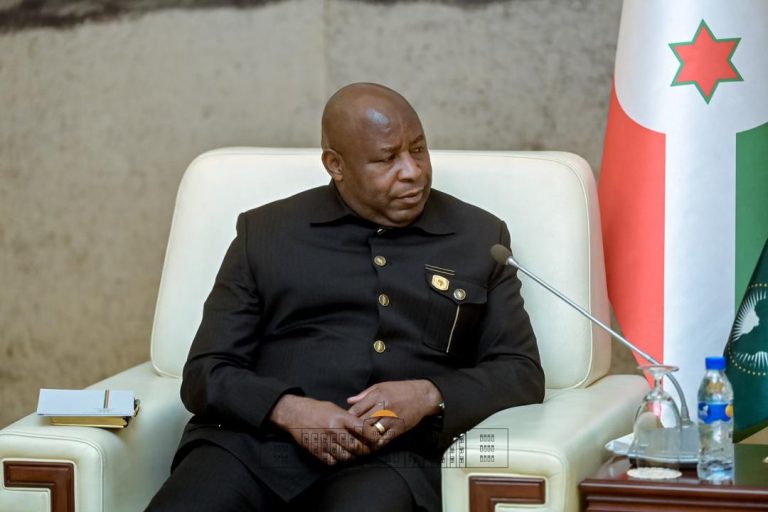- Ghana abolishes COVID levy, cuts VAT to spur growth
- Fiscal deficit narrows sharply ahead of 2026
ACCRA, GHANA – Ghana has unveiled an ambitious 2026 budget aimed at accelerating its economic rebound while deepening fiscal discipline and investor confidence.
Ghana’s Finance Minister, Dr Cassiel Ato Forson, on Thursday outlined sweeping tax reforms – including the abolition of the COVID-19 Health Recovery Levy and a reduction in value-added tax — to “give back” GHS 5.7 billion ($520 million) to businesses and households next year.
Presenting the budget in Parliament, Forson said the measures form part of a broader effort to reset the economy for “growth, jobs, and economic transformation.” The government has set a fiscal deficit target of 2.8% of GDP for 2026 and projected economic growth of at least 4.5%.
“Government began 2025 with a bold fiscal consolidation plan, designed to rebuild buffers, restore macroeconomic stability, and anchor debt sustainability. The consistent implementation of this plan has yielded substantial progress,” he told lawmakers.
Ghana’s provisional fiscal data for the first three quarters of 2025 show stronger-than-expected results. The primary balance (commitment basis) posted a surplus of 1.6% of GDP, surpassing the 0.6% target, while the overall deficit narrowed to 1.5% — far below the projected 3.2%. On a cash basis, the deficit stood at 2.3% against a 4.0% target, with a primary surplus of 0.7%.
“These results affirm that Ghana’s fiscal consolidation path is firm, data-backed, and sustainable,” Forson said. “This achievement is proof that responsible fiscal management delivers tangible results.”
A new chapter in debt sustainability
Forson said Ghana has entered “a new era of debt sustainability,” noting that the primary balance has turned positive and expenditure restraint has not undermined social protection or growth-enhancing projects.
He reiterated that the government’s focus is “expanding the tax net, not overburdening taxpayers,” adding that the 2026 monetary and exchange-rate strategy will safeguard stability and support growth.
Economists say investors are likely to interpret the budget as a sign of renewed credibility. With Ghana’s deficit shrinking and debt accumulation slowing, the country could benefit from improved private capital inflows and a stronger external position.
Forson said the modernised VAT system — designed after months of consultations — would help reduce business costs and improve transparency. “We have completed the design of a modernised VAT system fit for Ghana’s economic transformation agenda,” he said.
He added that the tax cuts and reforms are expected to stimulate economic activity, attract investment, and lower inflationary pressures.
“The discipline we are entrenching today,” he concluded, “is the foundation upon which future growth, jobs, and prosperity will rest.”










